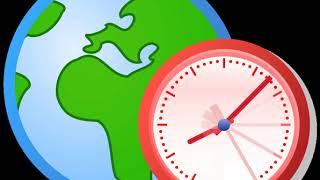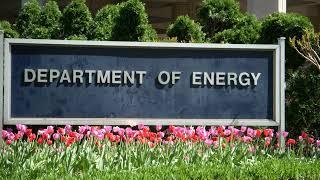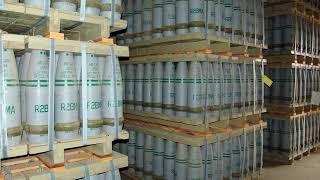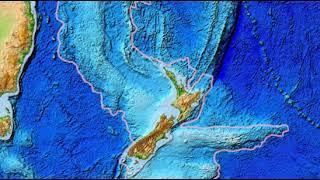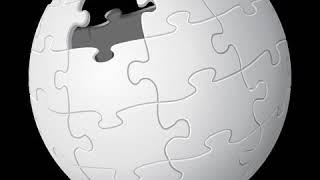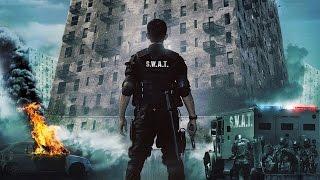Chemical munitions | Wikipedia audio article
Описание
This is an audio version of the Wikipedia Article:
https://en.wikipedia.org/wiki/Chemical_weapon
00:02:58 1 International law
00:03:07 1.1 Before the Second World War
00:05:02 1.2 Modern agreements
00:06:34 2 Use
00:07:53 3 Countries with stockpiles
00:08:03 3.1 CWC states with declared stockpiles
00:08:47 3.1.1 India
00:10:01 3.1.2 Iraq
00:11:31 3.1.3 Japan
00:12:04 3.1.4 Libya
00:13:11 3.1.5 Russia
00:14:22 3.1.6 Syria
00:17:10 3.1.7 United States
00:17:56 3.2 Non-CWC states with stockpiles
00:18:06 3.2.1 Israel
00:20:02 3.2.2 North Korea
00:20:49 4 Manner and form
00:22:32 5 Disposal
00:24:59 6 Lethality
00:26:35 7 Exposure during Operation Iraqi Freedom and Operation New Dawn
00:28:50 8 Unitary versus binary weapons
00:29:26 9 See also
Listening is a more natural way of learning, when compared to reading. Written language only began at around 3200 BC, but spoken language has existed long ago.
Learning by listening is a great way to:
- increases imagination and understanding
- improves your listening skills
- improves your own spoken accent
- learn while on the move
- reduce eye strain
Now learn the vast amount of general knowledge available on Wikipedia through audio (audio article). You could even learn subconsciously by playing the audio while you are sleeping! If you are planning to listen a lot, you could try using a bone conduction headphone, or a standard speaker instead of an earphone.
Listen on Google Assistant through Extra Audio:
https://assistant.google.com/services/invoke/uid/0000001a130b3f91
Other Wikipedia audio articles at:
https://www.youtube.com/results?search_query=wikipedia+tts
Upload your own Wikipedia articles through:
https://github.com/nodef/wikipedia-tts
Speaking Rate: 0.8783206655970236
Voice name: en-AU-Wavenet-C
"I cannot teach anybody anything, I can only make them think."
- Socrates
SUMMARY
=======
A chemical weapon (CW) is a specialized munition that uses chemicals formulated to inflict death or harm on humans. According to the Organisation for the Prohibition of Chemical Weapons (OPCW), "the term chemical weapon may also be applied to any toxic chemical or its precursor that can cause death, injury, temporary incapacitation or sensory irritation through its chemical action. Munitions or other delivery devices designed to deliver chemical weapons, whether filled or unfilled, are also considered weapons themselves."Chemical weapons are classified as weapons of mass destruction (WMDs), though they are distinct from nuclear weapons, biological weapons, and radiological weapons. All may be used in warfare and are known by the military acronym NBC (for nuclear, biological, and chemical warfare). Weapons of mass destruction are distinct from conventional weapons, which are primarily effective due to their explosive, kinetic, or incendiary potential. Chemical weapons can be widely dispersed in gas, liquid and solid forms, and may easily afflict others than the intended targets. Nerve gas, tear gas and pepper spray are three modern examples of chemical weapons.
Lethal unitary chemical agents and munitions are extremely volatile and they constitute a class of hazardous chemical weapons that have been stockpiled by many nations. Unitary agents are effective on their own and do not require mixing with other agents. The most dangerous of these are nerve agents (GA, GB, GD, and VX) and vesicant (blister) agents, which include formulations of sulfur mustard such as H, HT, and HD. They all are liquids at normal room temperature, but become gaseous when released. Widely used during the First World War, the effects of so-called mustard gas, phosgene gas and others caused lung searing, blindness, death and maiming.
The Nazi Germans during WW-II committed genocide mainly against Jews but included other targeted populations in the Holocaust, a commercial hydrogen cyanide blood agent trade named Zyklon B discharged in large gas chambers was the preferred method to efficiently murder their victims in a continuing industrial fashion, this resulted in the largest death toll to chemical weapons in history.As of 2016, CS gas and pepper spray remain in common use for policing and riot control; while CS is considered a non-lethal weapon, pepper spray is known for its lethal potential. Under the Chemical Weapons Convention (1993), there is a legally binding, worldwide ban on the production, stockpiling, and use of chemical weapons and their precursors. Notwithstanding, large stockpiles of chemical weapons continue to exist, usually justified as a precaution against putative use by an aggressor.





